Best heart rate monitors for Apple Fitness Plus: Top HR monitors to track your heart
Track your heart more accurately.
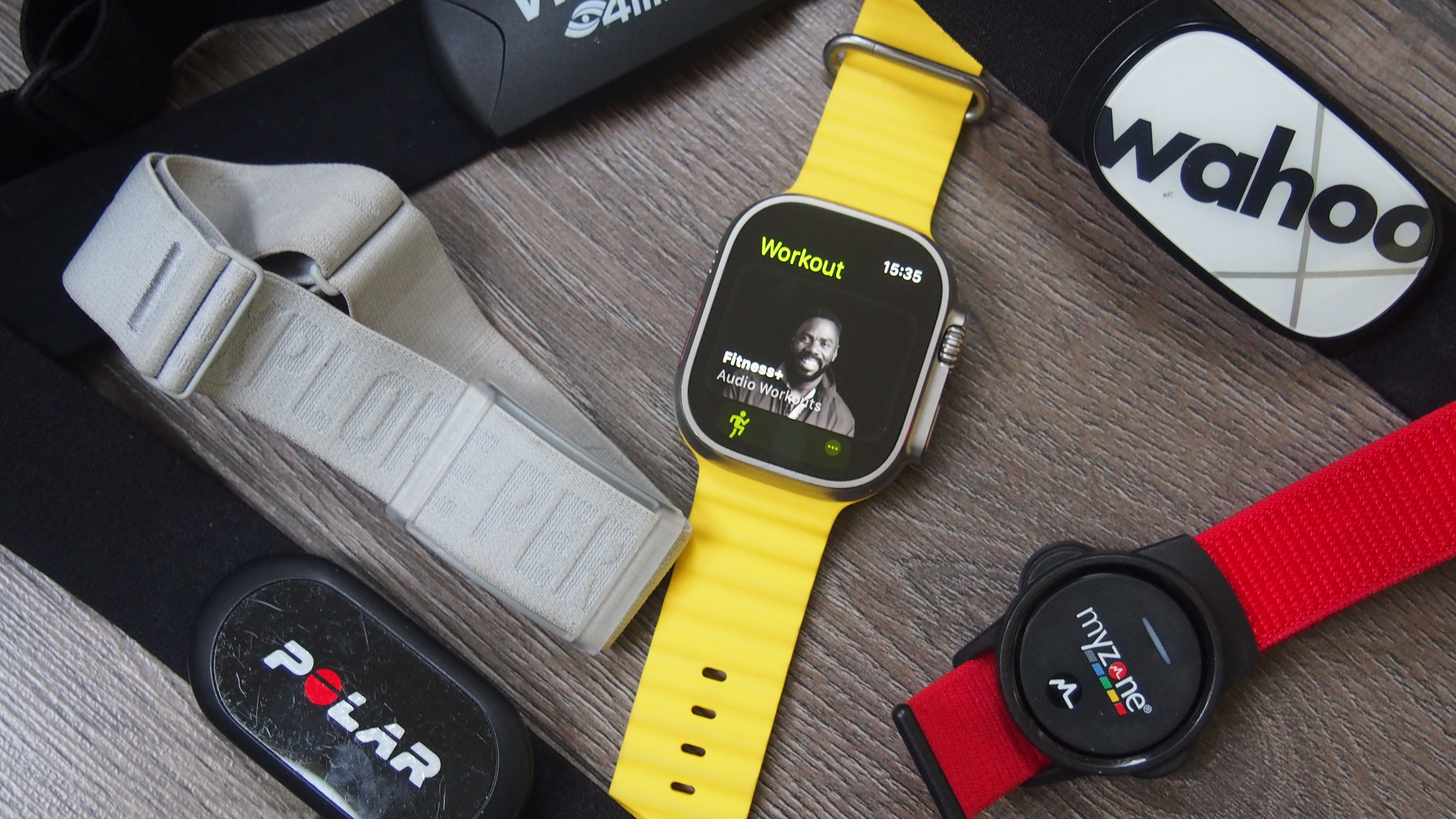
Quick List
1. Best heart rate monitor
2. Best for Apple Watch connectivity
3. Best cheap heart rate monitor
4. Best armband
5. Best for wearing options
Although your Apple Watch is meant to be a companion to your iPhone, you may want to look into an external heart rate monitor for more detailed tracking.
Keeping tabs on your heart never hurts. While the Apple Watch has some great features like an ECG monitor on the Series models, external accessories can provide far more detail on that organ.
To give you a helping hand, we've listed several of these monitors below, to help give you an idea as to what they provide and how much they cost.
Quick List
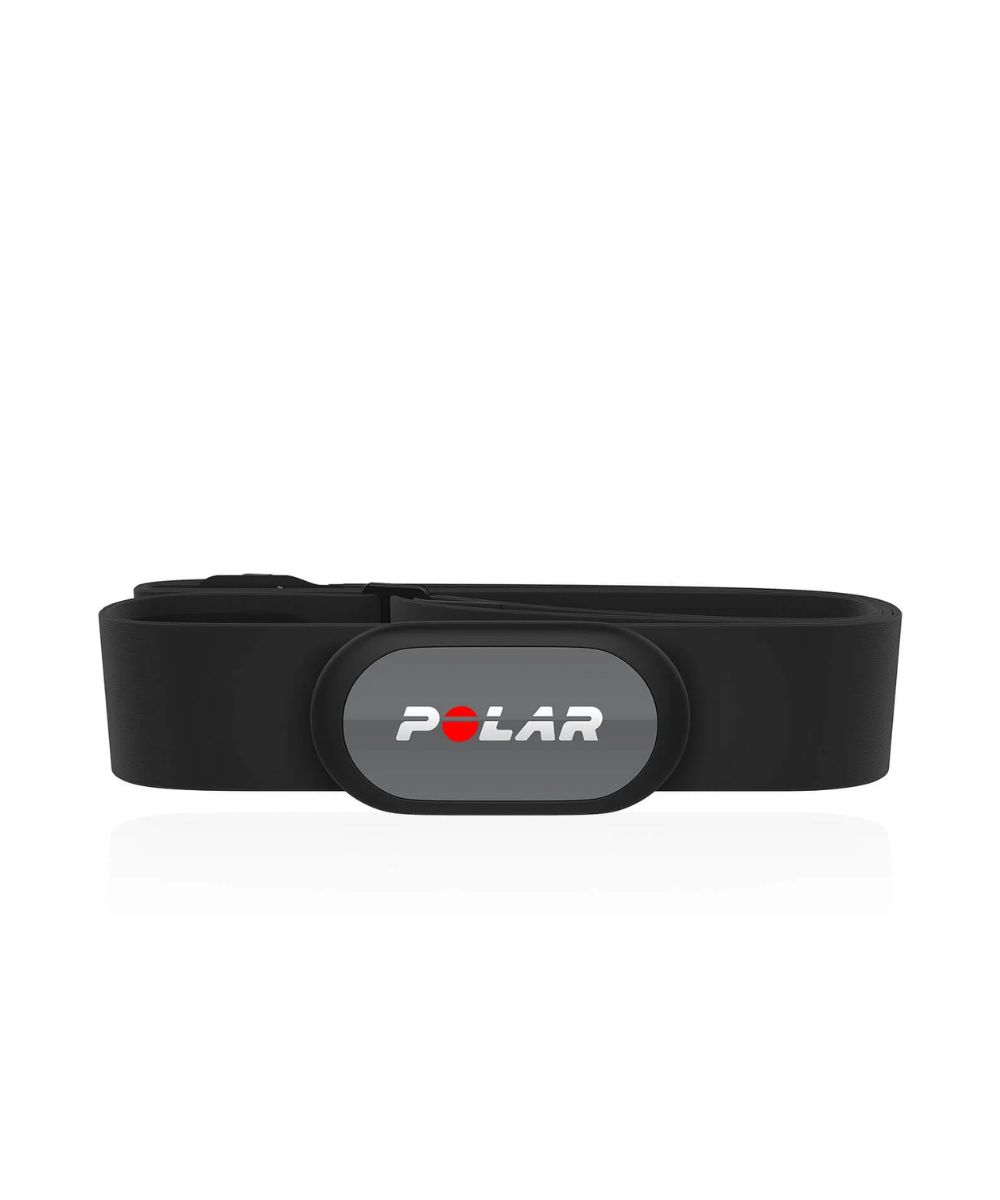
Polar’s more affordable heart rate monitor chest strap focuses on giving you great accuracy and seamless Apple Watch connectivity from a comfortable overall design.
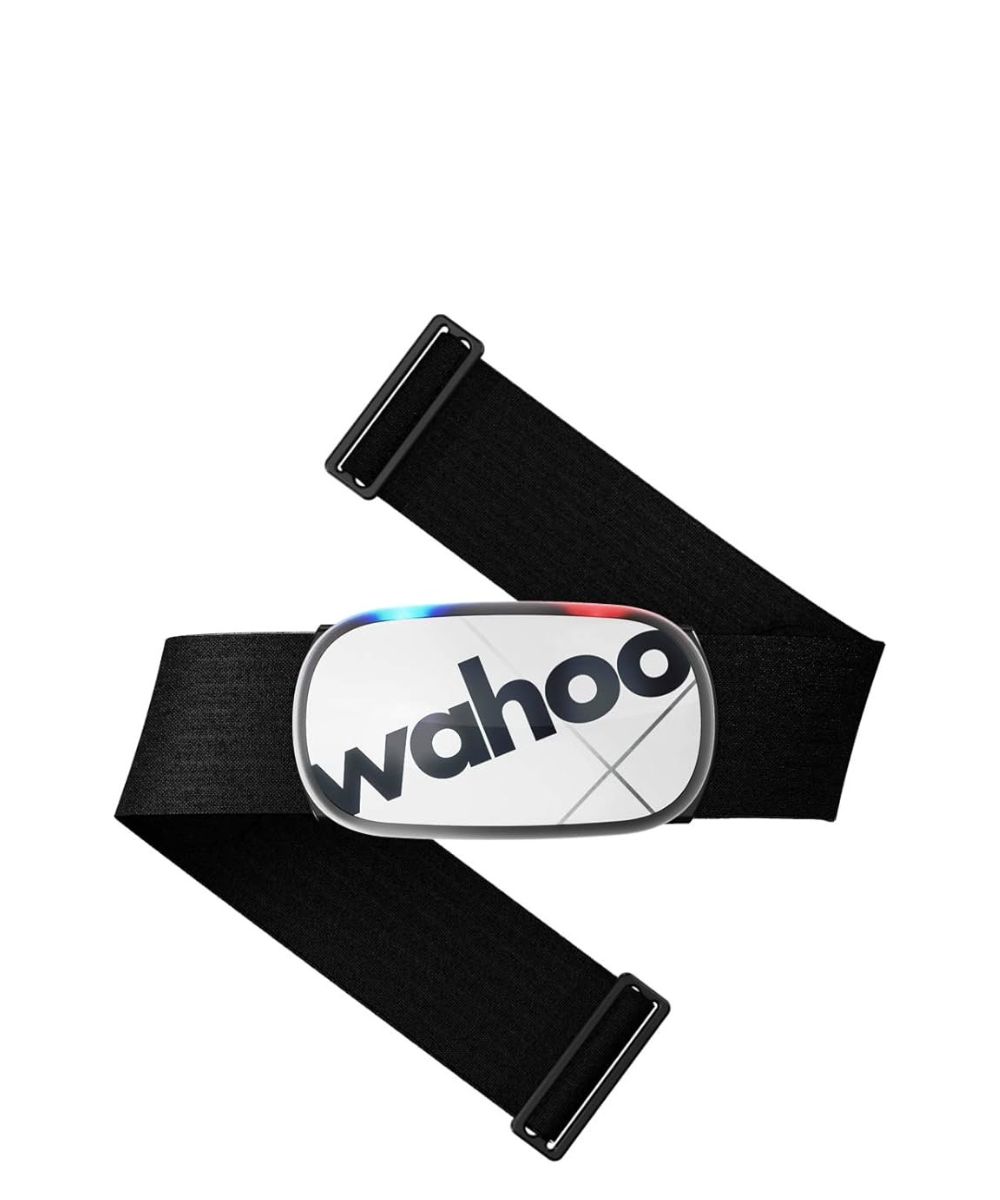
The Tickr X is built to play nice with the Apple Watch and offers its heart rate tracking from a sleek design with some nice extras to make it worth that extra spend.
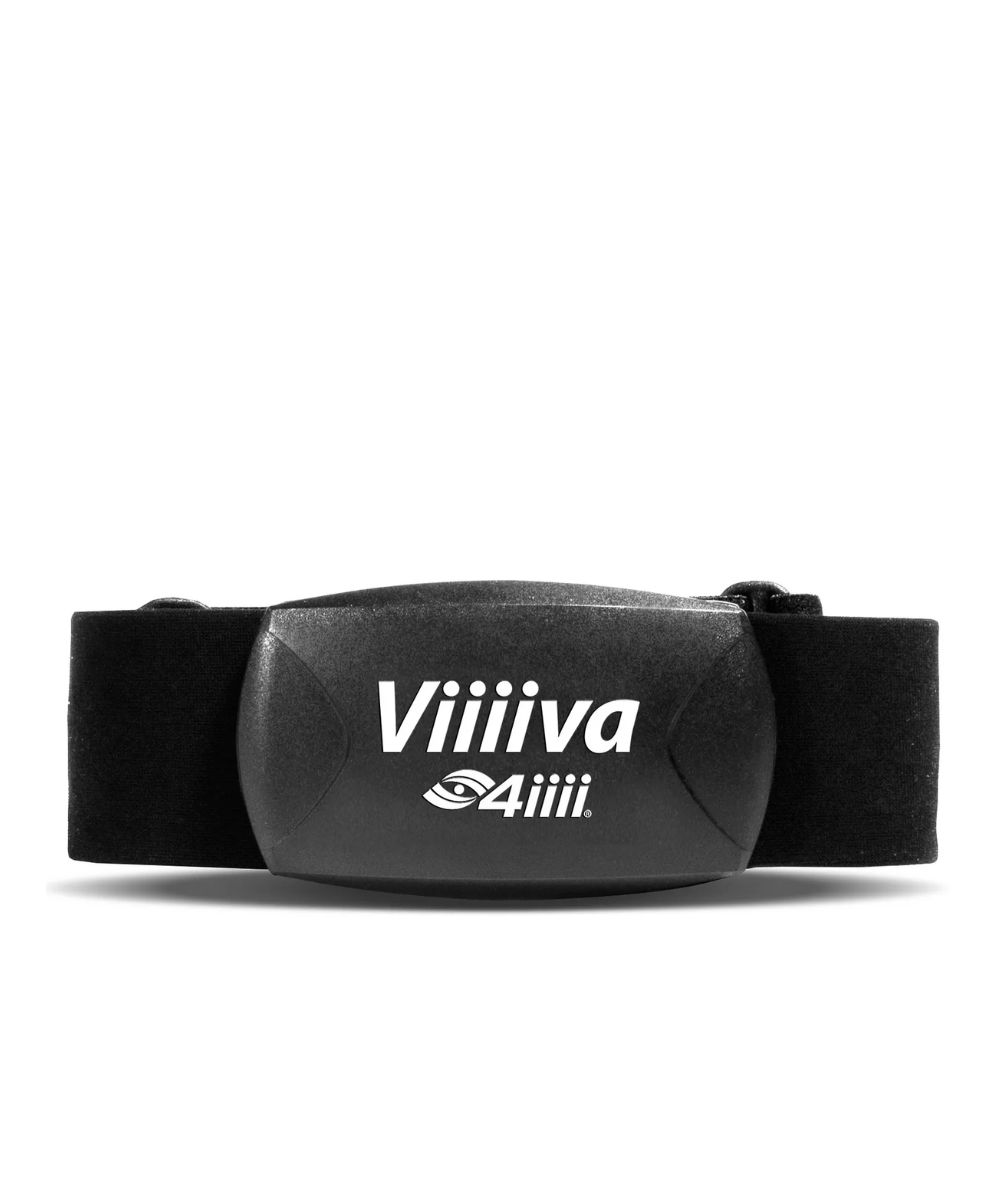
If you’re on a budget, the Viiiiva delivers strong performance and offers some useful extras for when you’re not using it for Apple Fitness Plus workouts.
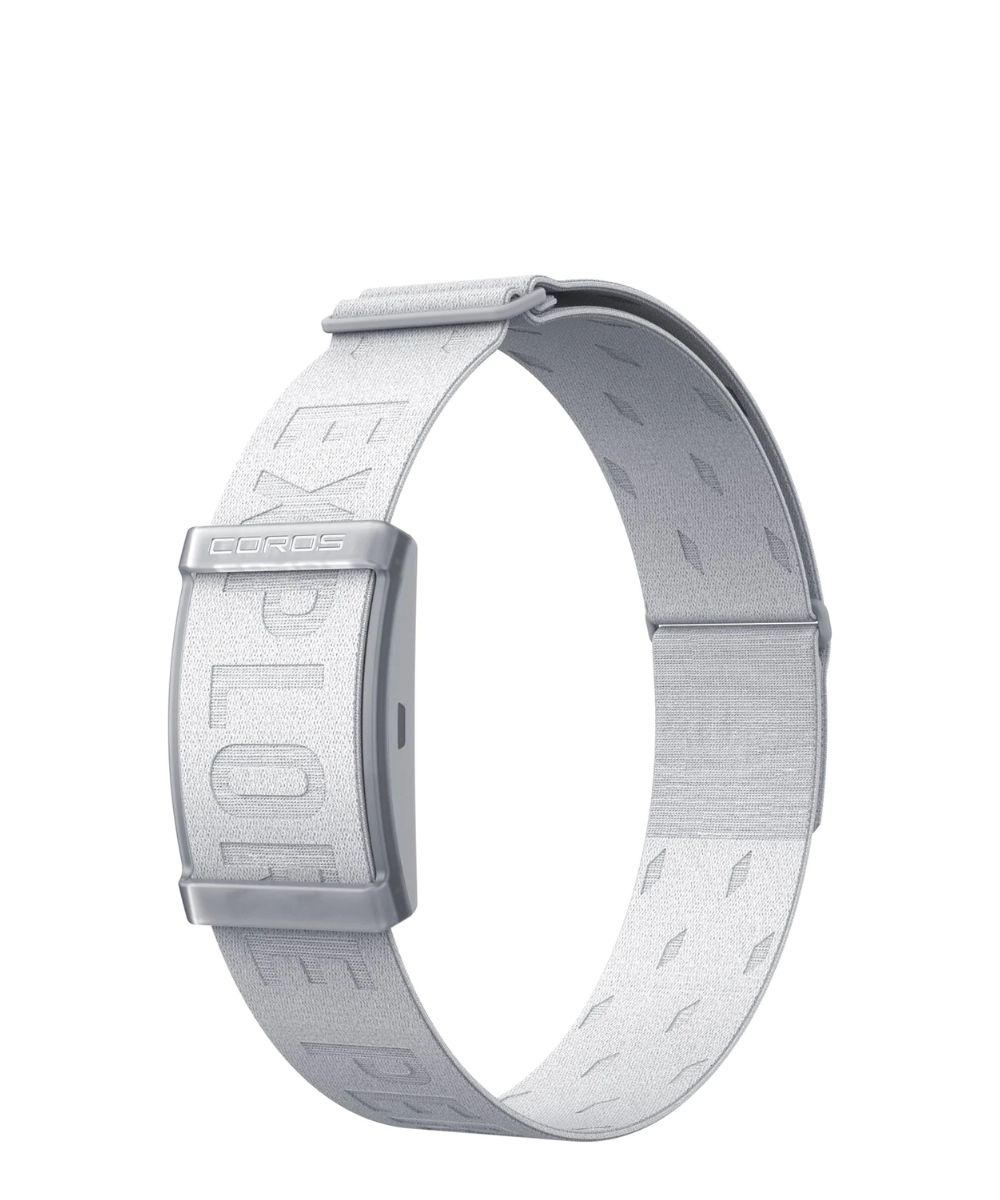
Coros moves heart rate tracking to your arm, making it ideal for those who aren’t fans of chest straps and still want that great level of tracking accuracy.
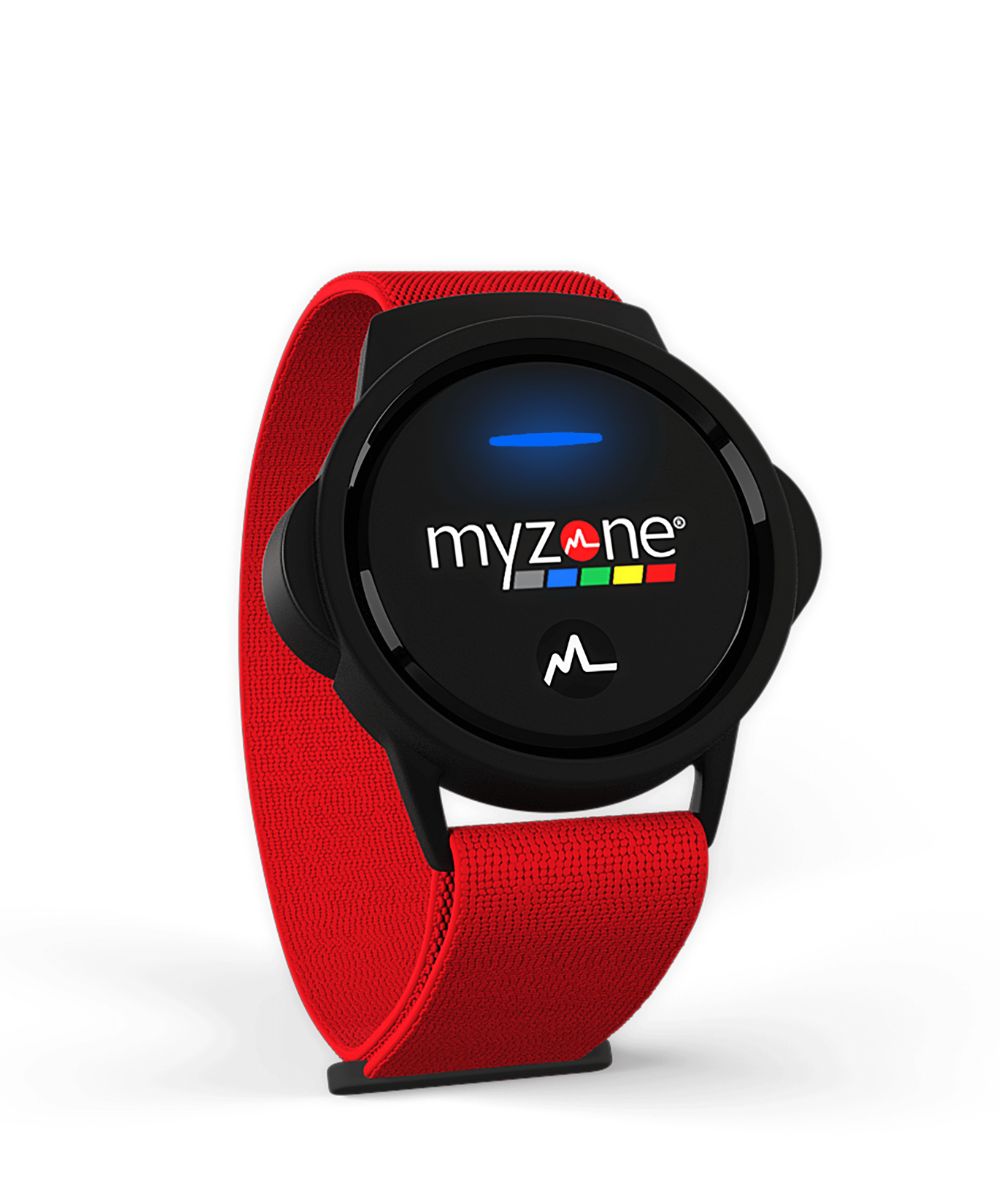
The MyZone MZ-Switch is a great monitor for anyone who does a mixture of workouts and likes the flexibility of moving heart rate tracking around the body.
The best heart rate monitors for Apple Fitness Plus in depth
You can always trust iMore.
Best heart rate monitor
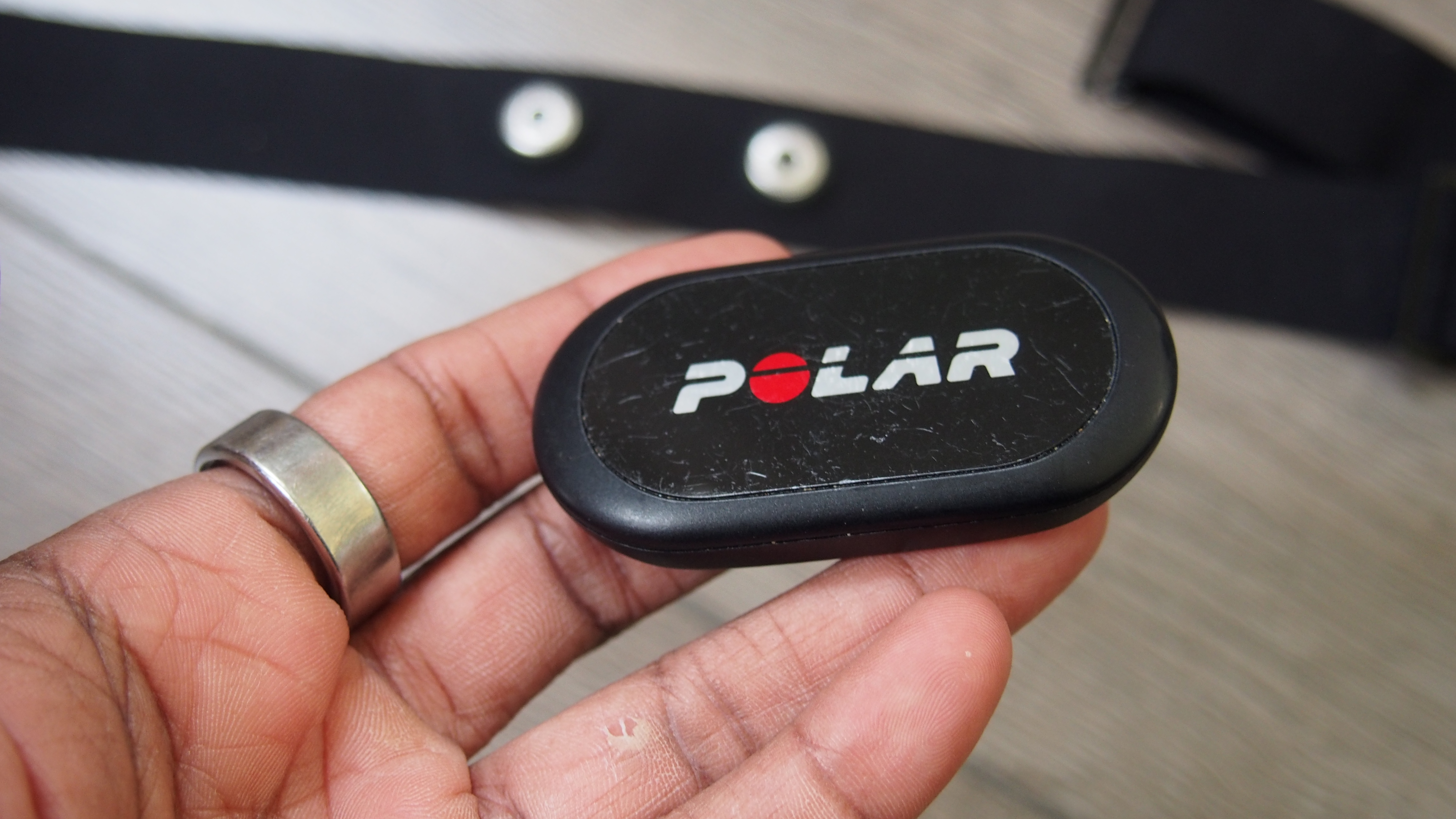
Specifications
Reasons to buy
Reasons to avoid
Polar’s heritage is rooted in heart rate and while its H10 monitor is largely considered to be one of the best heart rate monitors to buy, the H9 will also get you that good data across a range of workouts.
The chest strap features an ECG sensor and lacks Polar’s Pro strap, which offers some design extras to improve comfort. The strap that comes with it does come in two size options, is machine washable, and is compatible with that Pro strap if you want to pay for one.
It covers Bluetooth and ANT+ connectivity bases and connects quickly and easily to a couple of different Apple Watch models we tested it with.
The performance is strong here too, we’ve used it for HIIT classes, runs, and steadier-paced workouts and it stays put first and foremost. There are no issues of discomfort, it handles sweat with no problem thanks to a strong 30-metre waterproof rating, and delivers great heart rate accuracy.
If your key focus is a heart rate monitor that simply pairs with your Watch and Fitness Plus and provides heart rate tracking that’s reliable across workouts, this is the best to get at a not-too-extortionate price.
Best heart rate monitor for Apple Watch connectivity
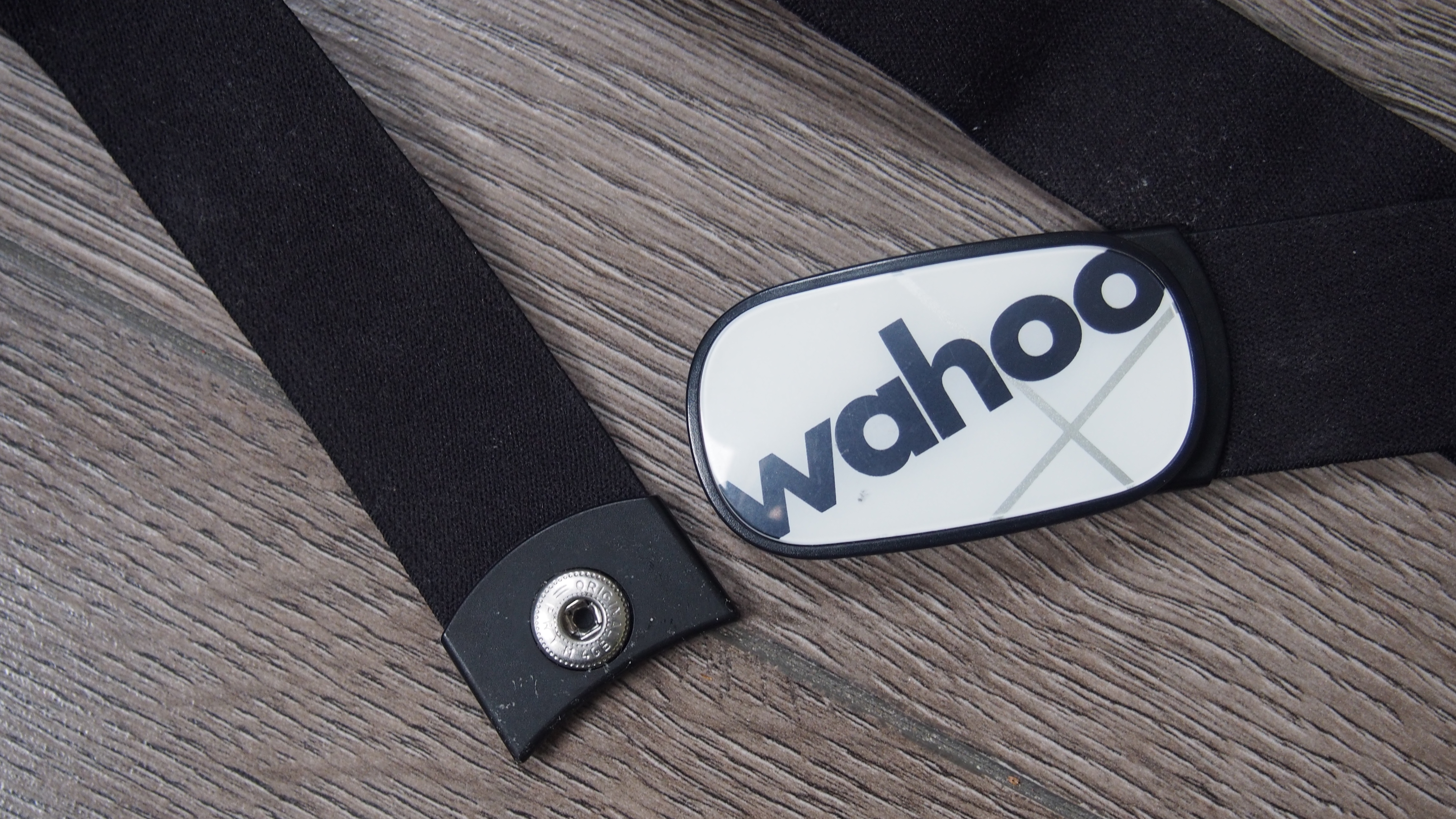
Specifications
Reasons to buy
Reasons to avoid
Wahoo has three heart rate monitors in its collection and while it doesn’t directly sell the more feature-packed Tickr X itself, there’s plenty of places to hunt it out from and pick up one of the best heart rate monitors in the business.
It packs in a solid-performing ECG sensor that closely integrates sensor with strap to make sure it doesn’t jump around, while also securing from the front of the strap to make it easier to quickly strap on.
Like other monitors, it offers Bluetooth and ANT+ connectivity and Wahoo has built it specifically optimised to work with the Apple Watch, so pairing the two has been a breeze. If you have the monitor on show, there’s useful LED lights to indicate that the sensor is correctly tracking your heart and is successfully paired to your Watch too.
A battery life of up to 500 hours should keep you well covered for some time before the battery needs replacing and outside of your Fitness Plus time, it can dish out extra running and cycling metrics when you’re also training inside.
It looks great, feels great to wear and is a heart rate monitor made to work well with your Apple Watch.
Best cheap heart rate monitor
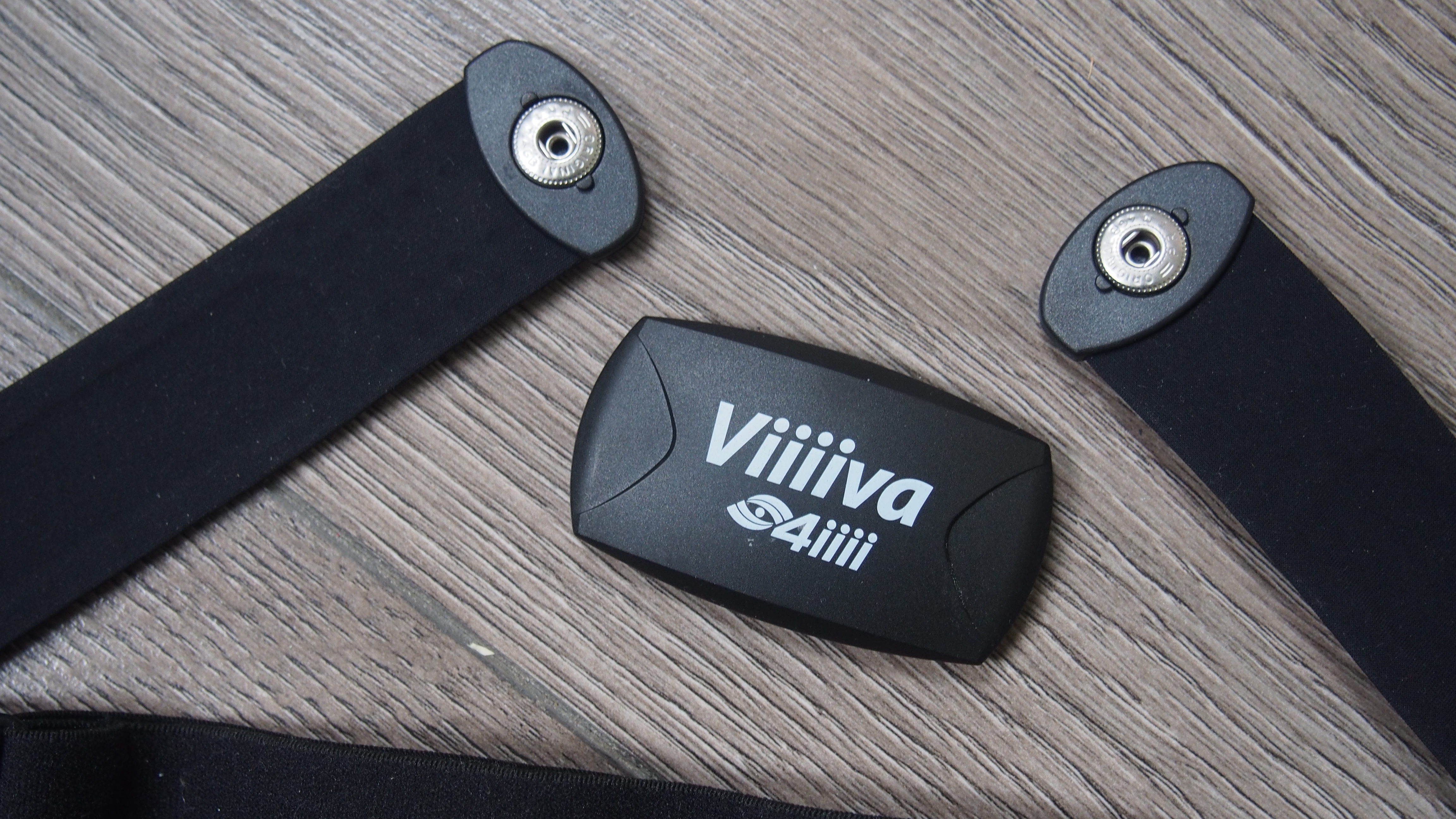
Specifications
Reasons to buy
Reasons to avoid
While 4iiii isn’t a brand that has a long history of making heart rate monitors, don’t let that put you off picking it up. Especially if you’re looking for a budget-friendly option that offers good value for your money.
It opts for a chest strap design, uses an ECG sensor, and is powered by the kind of coin cell battery that you likely won’t be replacing for months and maybe even over a year. It’s one of the more plain-looking options available, though does carry a strong IPX7 waterproof rating, making it fit to handle some workout sweat.
There are both Bluetooth and ANT+ connectivity options here and you really only need to worry about the former when it comes to pairing up your Apple Watch to it, which it does with no problem. Like other ECG-style straps, it delivers strong accuracy and doesn’t falter for HIIT-style workouts and other classes where that heart rate may quickly spike and drop.
Its special ANT+ bridge will appeal to indoor cycling fans most and while it lacks some of the sleekness you get from other monitors, it delivers where it matters.
Best heart rate monitor armband
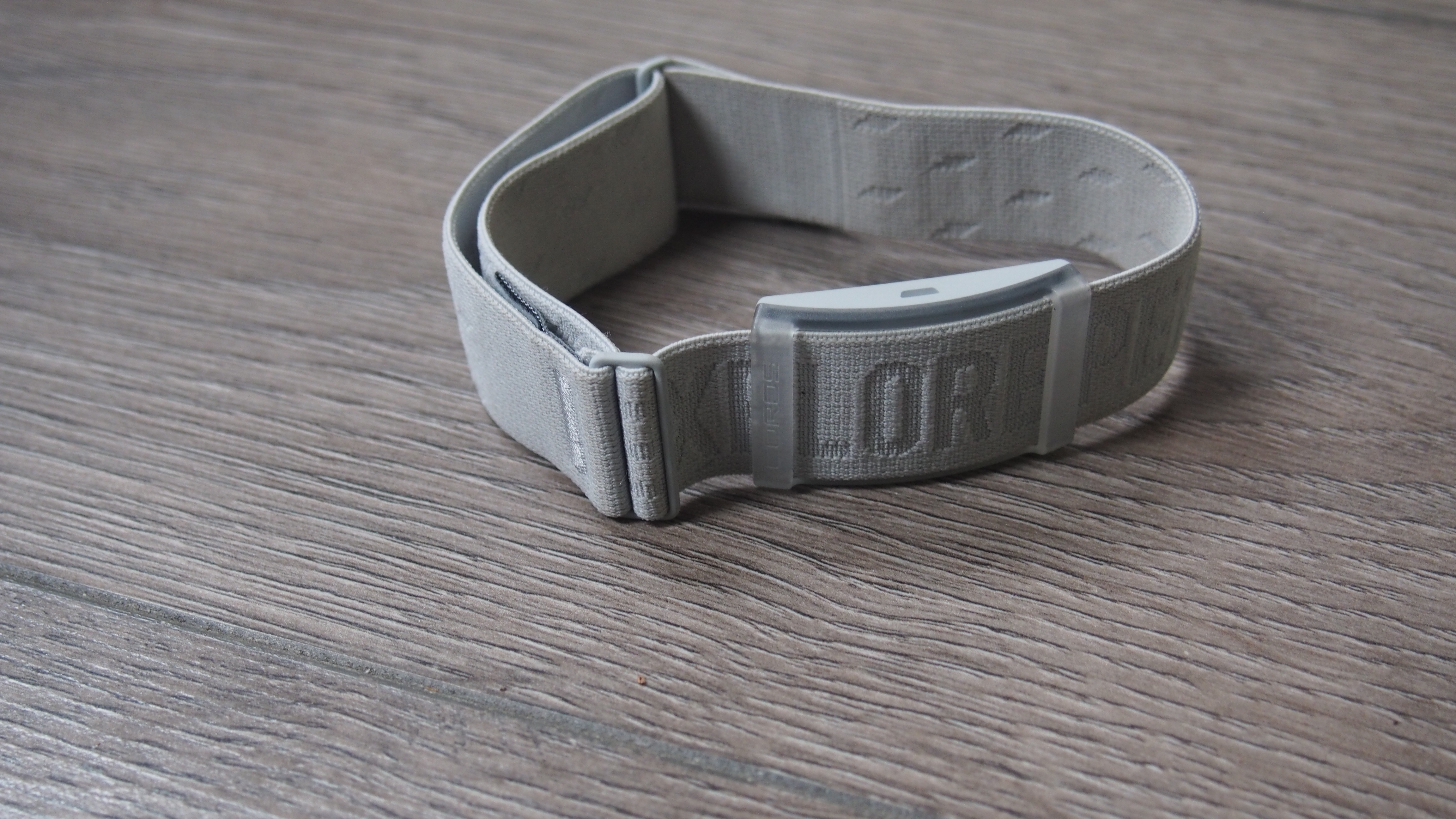
Specifications
Reasons to buy
Reasons to avoid
Coros is part of a new breed of heart rate monitors that wants to take the discomfort away for those who don’t like wearing heart rate monitor chest straps, but also don’t feel satisfied by the accuracy over that tracking from their Watch.
The sports watchmaker isn’t the first to make the monitoring move higher up on your arm where there’s great blood flow volume compared to the wrist to boost accuracy, but does a great job in making this one that sits comfortably and securely and crucially, does offer solid heart rate tracking accuracy across a range of workouts and classes, including more high-intensity ones.
There’s just the Bluetooth connectivity, but that’s fine in terms of getting it to work with an Apple Watch and it paired just fine with the Ultra, Ultra 2, and a Watch Series 8. It doesn’t budge when things get sweaty and the 30-metre waterproof rating means it’s more than suitable to fend off some sweat.
It lacks some extras you’ll find with other armband monitors like onboard storage and extra ANT+ connectivity, but for the sake of using it for Fitness Plus workouts and maybe pairing it up to other Apple apps, it does a very good job overall for a pretty reasonable price.
Best heart rate monitor for wearing options
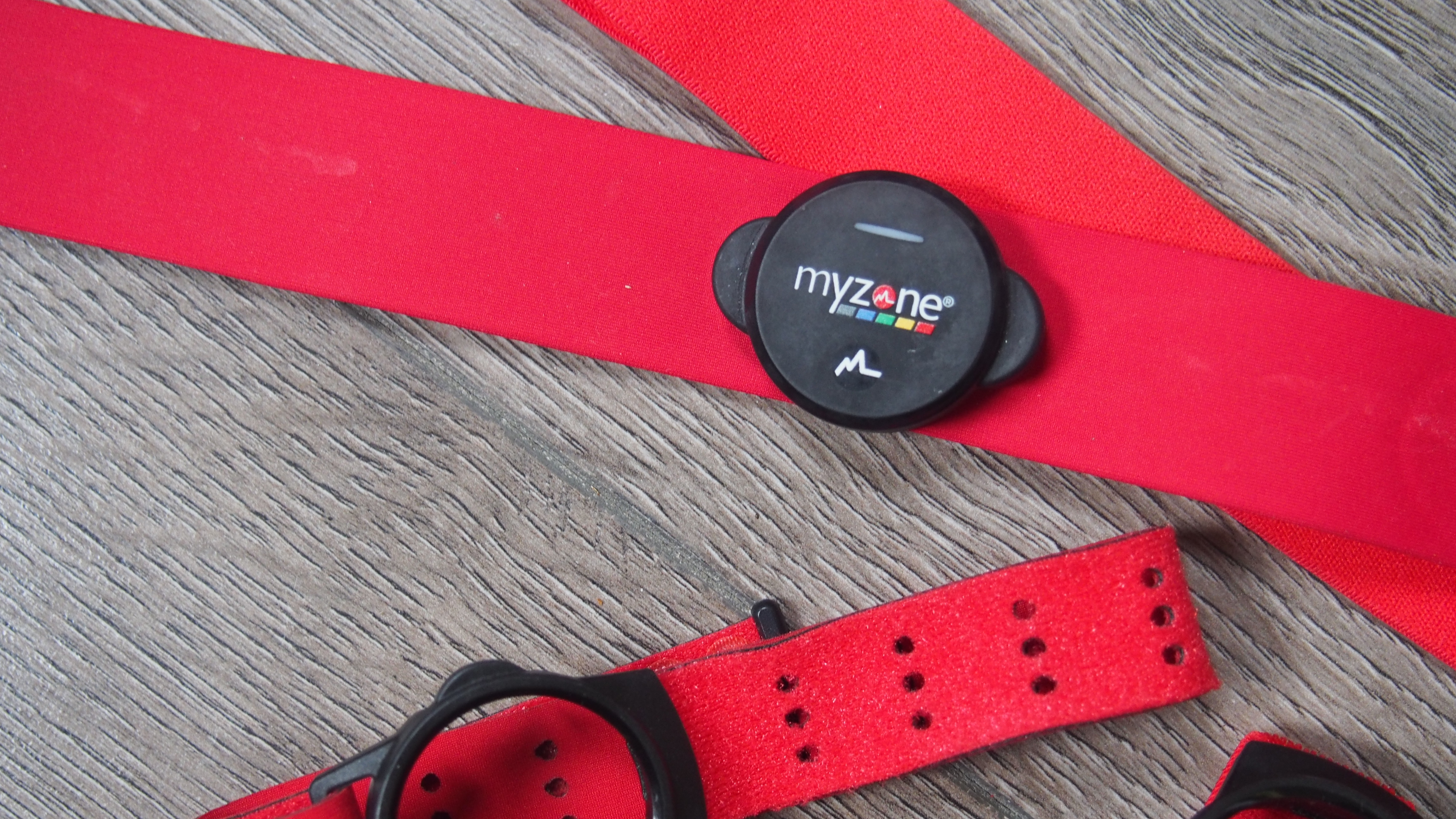
Specifications
Reasons to buy
Reasons to avoid
MyZone’s MZ-Switch is a unique heart rate monitor in the sense that it is the one monitor in our guide that lets you wear it in three different places.
Wear it on your wrist or upper arm and it taps into an optical-based heart rate sensor to provide real-time heart rate tracking, or strap it to your chest and it harnesses the built-in ECG sensor to do the same. Pay attention to the MyZone’s recommendations on matching up wearing position to particular workouts and the result is that you get the most accurate heart rate data for your exercise time.
There’s Bluetooth onboard to effortlessly connect to Apple Watches and ANT+ connectivity if you want to make good use of it outside of your Fitness Plus workouts. MyZone usefully adds in an LED light to offer a way to view when you’re moving in and out of different heart rate zones, while a promised battery life of between 3-6 months really does live up to that billing.
If you don’t want to wear a chest strap all the time but also like to mix up your workout time this is the ideal heart rate monitor to pair up to your Watch.
Q&A
Why would I need an external heart rate monitor?
For most people, the monitor in their Apple Watch is plenty. If, however, you crave more accuracy, then an external monitor is the way to go, making sure that your exercise metrics are spot on whenever you head out for a run, swim, or cycle.
iMore offers spot-on advice and guidance from our team of experts, with decades of Apple device experience to lean on. Learn more with iMore!

Michael is a freelance journalist who has covered consumer technology for over a decade and specializes in wearable and fitness tech. Previously editor of Wareable, he also co-ran the features and reviews sections of T3, and has a long list of bylines in the world of consumer tech sites.
With a focus on fitness trackers, headphones, running wearables, phones, and tablet, he has written for numerous publications including Wired UK, GQ, Men's Fitness, BBC Science Focus, Metro and Stuff, and has appeared on the BBC Travel Show. Michael is a keen swimmer, a runner with a number of marathons under his belt, and is also the co-founder of YouTube channel The Run Testers.
